EU to Limit Use Of Stablecoins
Europe’s latest draft crypto regulation MiCA limits use of stablecoins like DAI

The European Council recently published an expanded proposed ‘Regulation on Markets in Crypto Assets’ (MiCA) document progressing the legislation process between the Council, the European Commission and the European Parliament which could heavily restrict Stablecoins (asset-referenced tokens) like DAI.
The scope of the MiCA proposal is limited to cryptoassets that do not qualify as MiFID financial instruments, deposits or structured deposits or traditional e-money under existing EU financial services legislation.
MiCA proposes a licensing regime for persons who perform activities in relation to 'e-money tokens' and 'asset-referenced tokens'. The proposals define an 'asset-referenced token' as a "type of cryptoasset that purports to maintain a stable value by referring to the value of several fiat currencies that are legal tender, one or several commodities or one or several cryptoassets, or a combination of such assets." This is primarily targeted to types of stablecoins which have been adopted by users to transfer value or as a means of payment.
The regulation "Markets in Crypto-assets" ("MiCA"), which is directly applicable in all EU Member States, describes the most extensive regulation of digital assets to date.
MiCA currently divides crypto-assets into three categories,
1 - Asset-Referenced Tokens
So-called "asset-referenced tokens" are defined as Cryptoassets that purport to maintain a stable value by referring to the value of several fiat currencies that are legal tender, one or several commodities or one or several Cryptoassets, or a combination of such assets.
DAI
DAI is an Ethereum ERC-20 decentralised Stablecoin with a 1:1 value ratio linked to $1 U.S. Dollar.
The Maker Protocol, also known as the Multi-Collateral Dai (MCD) system, allows users to generate Dai by leveraging collateral assets approved by “Maker Governance.” Maker Governance is the community organised and operated process of managing the various aspects of the Maker Protocol. Dai is a decentralised, unbiased, collateral-backed cryptocurrency soft-pegged to the US Dollar. It allows anyone in the world to produce the DAI Stablecoin using a variety of cryptocurrencies as collateral. Some of the coins and tokens accepted as collateral include Ethereum (ETH) and USD Coin (USDC).
Tether Gold (XAUT)
Tether Gold (Gold) is a digital asset offered by TG Commodities Limited. One full XAUt token represents one troy fine ounce of gold on a London Good Delivery bar.
The XAUt token can be transferred to any on-chain address from the purchasers' Tether wallet where it is issued after purchase. Specific gold bar(s) will be associated with each on-chain address where Tether Gold is held.
PAX Gold (PAXG)
PAX Gold (PAXG) is a digital asset. Each token is backed by one fine troy ounce (t oz) of a 400 oz London Good Delivery gold bar, stored in Brink’s vaults. If you own PAXG, you own the underlying physical gold, held in custody by Paxos Trust Company.
2- E-Money Tokens (fiat-backed stablecoins)
Electronic Money Tokens or ‘e-money tokens’ means a type of crypto-asset the main purpose of which is to be used as a means of exchange and that purports to maintain a stable value by referring to the value of a fiat currency that is legal tender.
USDC
USD Coin (known by its ticker USDC) originally launched on a limited basis in September 2018 is a stablecoin that is pegged to the U.S. dollar on a 1:1 basis. Every unit of this cryptocurrency in circulation is backed up by $1 that is held in reserve, in a mix of cash and short-term U.S. Treasury bonds. The Centre consortium, which is behind this asset, says USDC is issued by regulated financial institutions. Each month, attestation reports by Grant Thornton regarding the reserve balances backing USDC.
USDP
Paxos (PAX) is a USD-pegged cryptocurrency, otherwise known as a stablecoin developed by Paxos Trust Company. It is regulated by the New York State Department of Financial Services, with deep experience as an intermediary between fiat and digital assets.
The Pax Dollar tokens (USDP) are issued as ERC-20 tokens on the Ethereum blockchain and are collateralised 1:1 through the USD held in Paxos-owned US bank accounts.
USDP is reviewed by a top-ranking auditing firm on a monthly basis to verify its supply matches the reserve account comprised of US Dollars and debt instruments that are expressly guaranteed by the full faith and credit of the United States Government, including through repurchase agreements and/or money-market funds composed of such debt instruments.
e-Money (EEUR, ECHF, ESEK, ENOK, and EDKK)
e-Money is a blockchain-based payment platform built by Danish fintech e-Money A/S, committed to bringing financial inclusion and helping people around the world to have easy access to digital currencies. Built on Cosmos technology, e-Money supports a range of fiat-stablecoins which are fully backed by bank deposits and government bonds that are also interest bearing.
The e-Money protocol is built for the issuance of a range of interest-bearing currency-backed stablecoins reflecting various world currencies. e-Money currently supports several European currency-backed stablecoins such as the EEUR, the ECHF, and tokens backed by Scandinavian currencies (ENOK, EDKK, and ESEK). Each token is backed by a reserve of assets denominated in its underlying currency. The project is dedicated to total transparency with quarterly reserve audits performed by Ernst & Young.
3 - Other Crypto-Assets (‘Catch-all’ definition – in line with the FATF recommendations )
This catch-all category covers all crypto-assets other than asset-referenced tokens and e-money tokens. MiCA defines “crypto-assets” as digital representations of value or rights which may be transferred and stored electronically, using distributed ledger technology or similar technology. This category of tokens would in particular cover stablecoins, utility tokens but also Bitcoin and other similar tokens.
Potential Restriction of DAI Stablecoins
Emoney Tokens are already covered by existing legislation which provides regulatory oversight preserving monetary sovereignty, protecting EU consumers, adhereing to GDPR privacy legislation and anti-money laundering/counter-terrorism financing (AML/CTF) requirements. However, the EU has decided that asset-referenced tokens need more safeguards. This would include stablecoins backed by a basket of currencies or backed by commodities or other crypto-assets.
If MiCA goes ahead with the expanded ‘Regulation on Markets in Crypto Assets’ proposal, usage of the DAI Stablecoin could be restricted within the EU. DAI currently maintains a 1:1 with the US dollar and is backed by collateral such as ETH, the USDC stablecoin, wrapped Bitcoin and other assets. Under MiCA, if an asset referenced token is widely used as a medium of exchange, its average activity level should be less than one million transactions a day and €200 million ($224m) in value “within a single currency area”. Currently, the DAI has around $540 million daily transactions, but it’s been far higher. For example, it was $3.4 billion on one day in May this year and several days during that month were above a billion. However, only a proportion of that would be within the EU.
The MiCA proposal also regulates the offerings and marketing to the public of cryptoassets other than asset-referenced tokens and e-money tokens which are subjected to a new licensing regime. It does not introduce an authorisation regime for issuers and providers of non-stablecoin cryptoassets, but instead requires that issuers comply with certain requirements before they offer the cryptoassets to the public (e.g., produce a white paper). There are certain exemptions to a number of the requirements – for example, where the cryptoassets are offered for free; they are created through mining; are unique and not fungible with other cryptoassets; or are offered to fewer than 150 natural or legal persons per member state where such persons are acting on their own account – there is no requirement to publish a white paper.
The Council of the EU has now commenced trialogue negotiations with the European Parliament on the MiCA proposal.
Source:
Latest MiCA paper: https://www.consilium.europa.eu/media/53105/st14067-en21.pdf
Addendum: https://www.consilium.europa.eu/media/53106/st14067-ad01-en21.pdf
Disclaimer:
GlobalStablecoins.com is an informational website that provides news about coins, blockchain companies, blockchain products and blockchain events. Don’t take it as investment advice. Speak to an advisor before you risk investing in an ICO, Cryptocurrencies, Cryptoassets, Security Tokens, Utility Tokens, Exchange Tokens, Global Stablecoins, Stablecoins or eMoney Tokens. GlobalStablecoins.com is not accountable, directly or indirectly, for any damage or loss incurred, alleged or otherwise, in connection to the use or reliance of any content you read on the site.
Affiliate Disclosure / Sponsored Posts:
If a Sponsored Post contains any mention of a crypto project, we encourage our readers to conduct diligence prior to taking further action. GlobalStablecoins.com does not recommend that any cryptocurrency should be bought, sold, or held by you. Do conduct your own due diligence and consult your financial advisor before making any investment decisions.
GlobalStablecoins.com may receive compensation for affiliate links. Should you perform activities in relation to an affiliate link, it is understood that some form of compensation might be made to GlobalStablecoins.com. For example, if you click on an affiliate link, and sign up and trade on an exchange, GlobalStablecoins.com may receive compensation.
Before you invest in Cryptoassets you should be aware of the following,
Cryptoassets are considered very high risk, speculative investments.
If you invest in Cryptoassets you should be prepared to lose all your money.
All Sponsored Posts are paid for by crypto projects, coin foundations, advertising firms, PR firms, or other marketing agencies. GlobalStablecoins.com is not a subsidiary of any marketing agency, nor are we owned by any crypto or blockchain foundation.
The purpose of offering Sponsored Posts to our advertisers is to help fund the day-to-day business operations at GlobalStablecoins.com.
If you come across a Sponsored Post which you believe is fraudulent and/or “scammy,” please contact us and we will perform an immediate investigation.
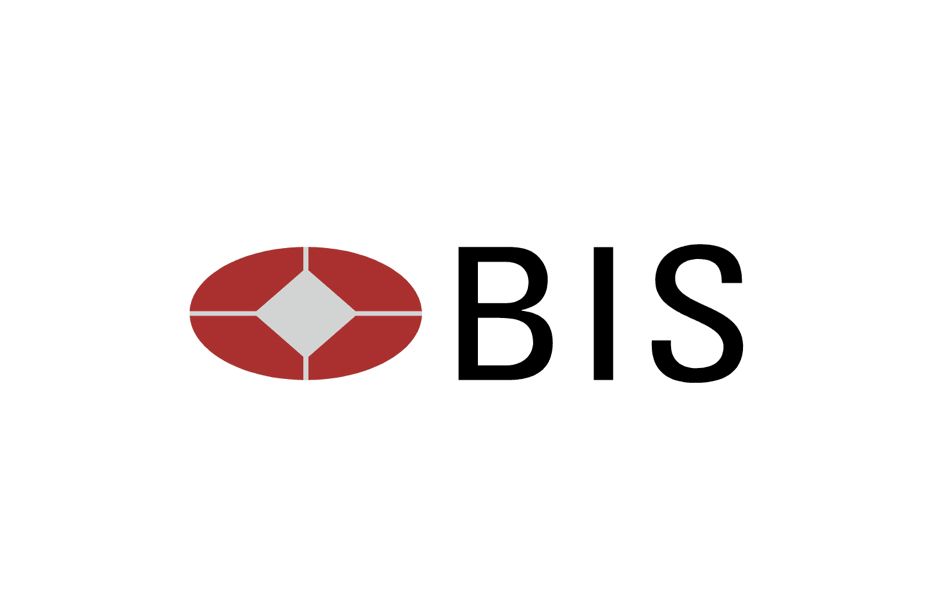
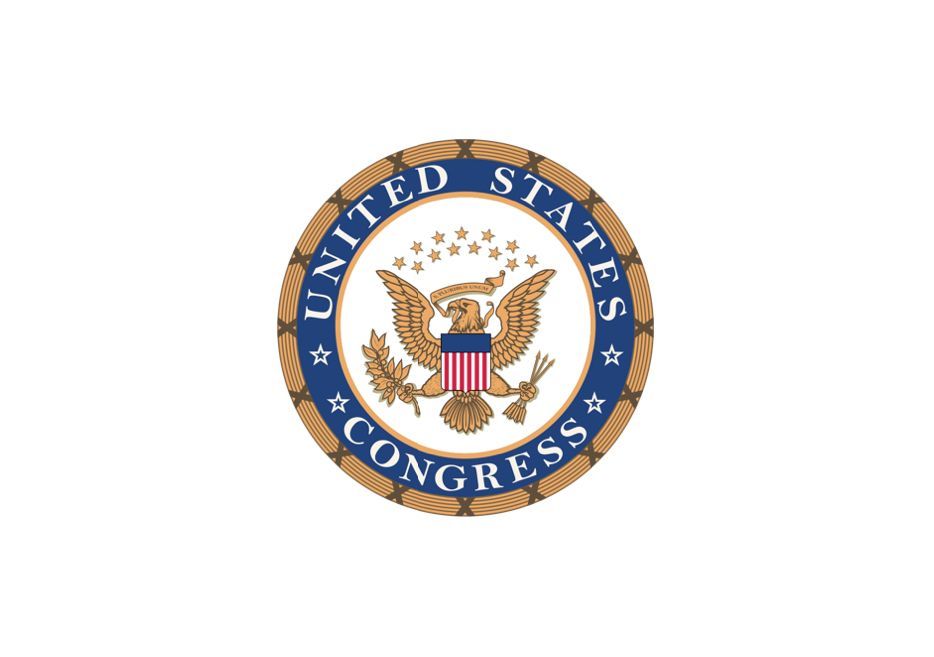

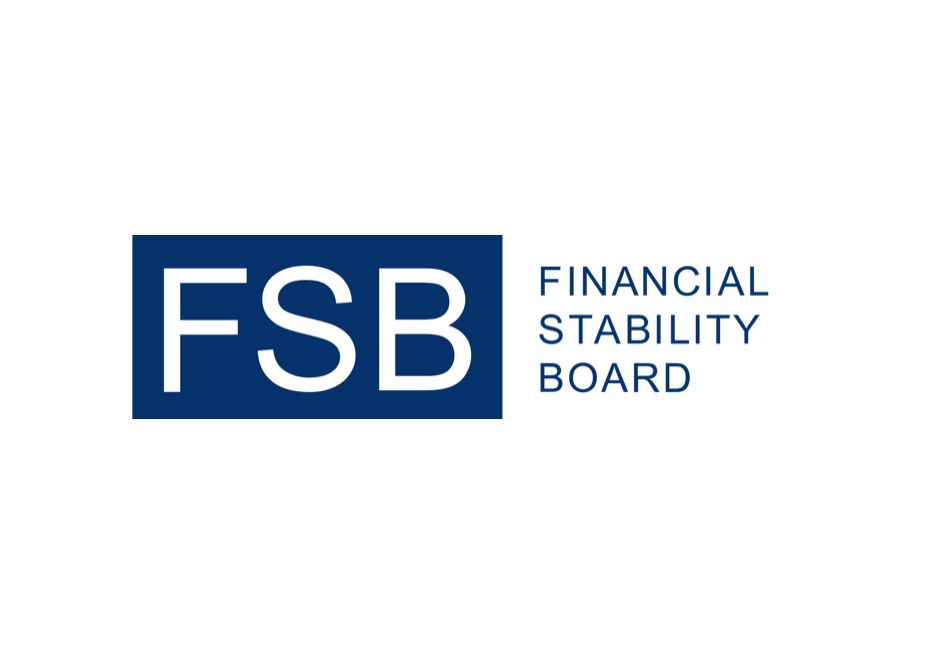
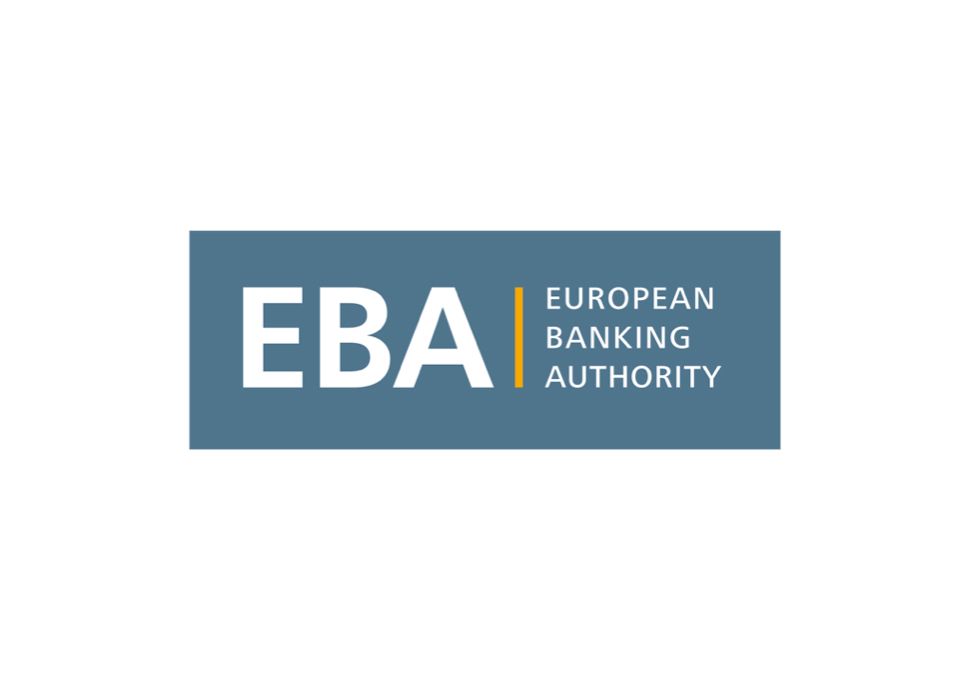
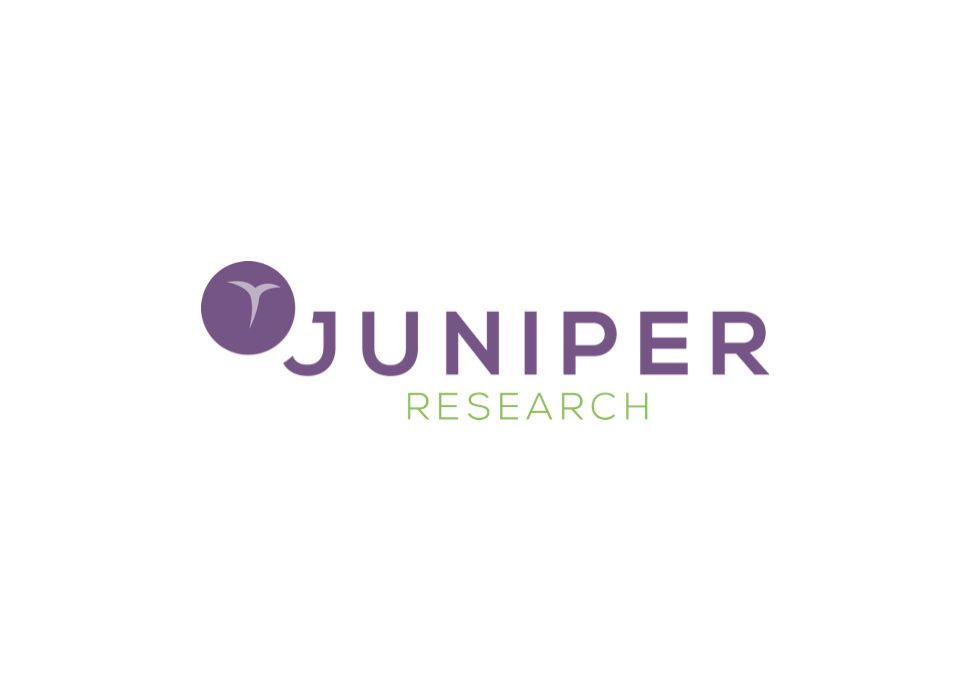
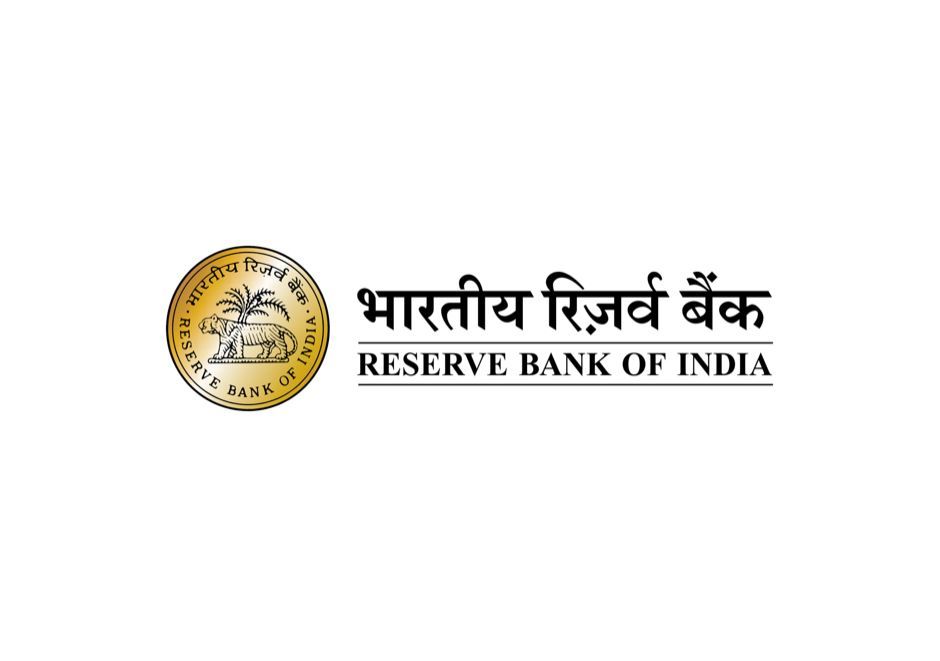
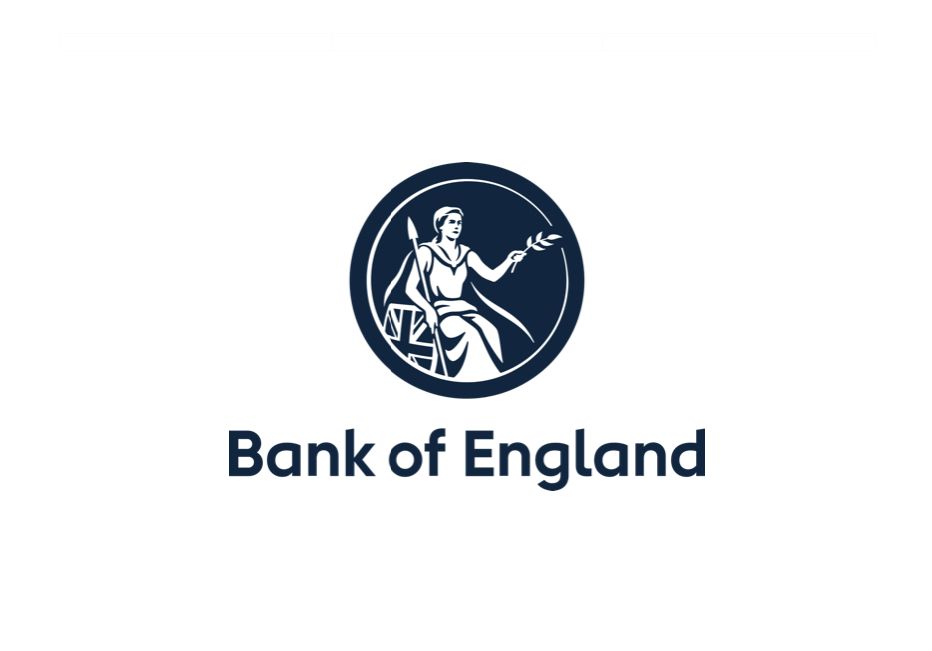
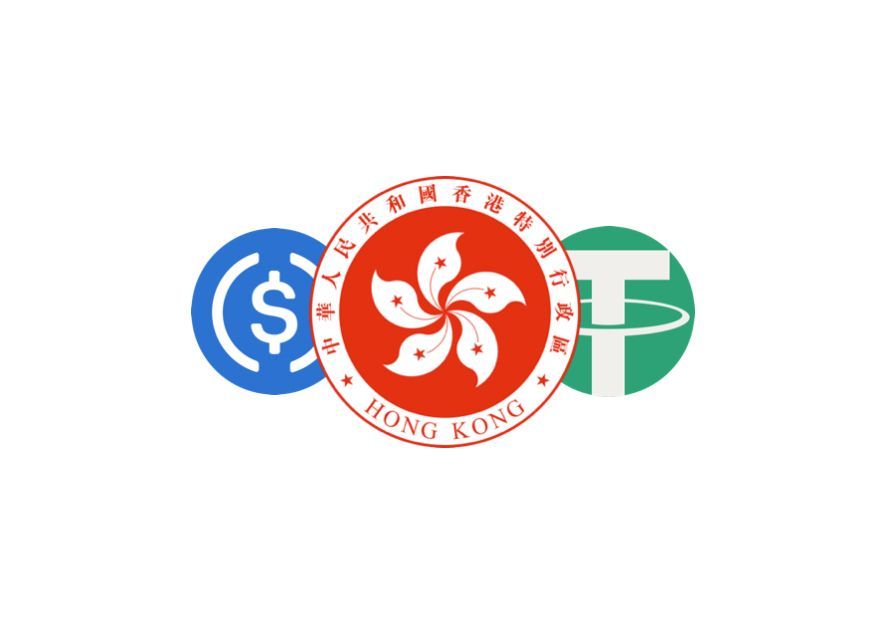
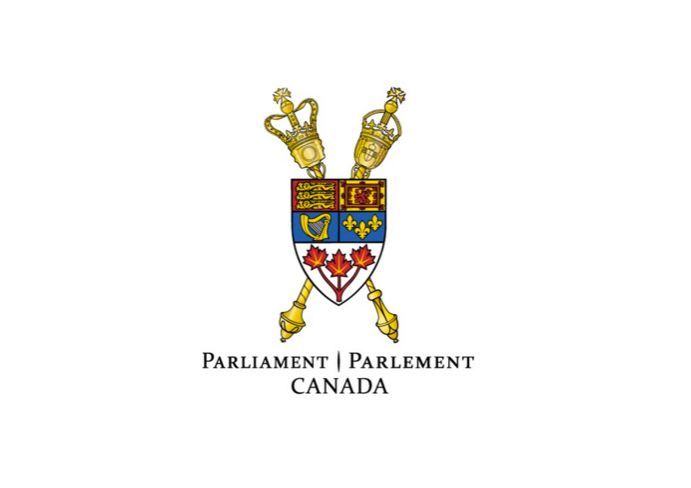
Disclaimer:
GlobalStablecoins.com is an informational website that provides news about coins, blockchain companies, blockchain products and blockchain events. Don’t take it as investment advice. Speak to an advisor before you risk investing in an ICO, Cryptocurrencies, Cryptoassets, Security Tokens, Utility Tokens, Exchange Tokens, Global Stablecoins, Stablecoins or eMoney Tokens. GlobalStablecoins.com is not accountable, directly or indirectly, for any damage or loss incurred, alleged or otherwise, in connection to the use or reliance of any content you read on the site.
Affiliate Disclosure / Sponsored Posts:
If a Sponsored Post contains any mention of a crypto project, we encourage our readers to conduct diligence prior to taking further action. GlobalStablecoins.com does not recommend that any cryptocurrency should be bought, sold, or held by you. Do conduct your own due diligence and consult your financial advisor before making any investment decisions.
GlobalStablecoins.com may receive compensation for affiliate links. Should you perform activities in relation to an affiliate link, it is understood that some form of compensation might be made to GlobalStablecoins.com. For example, if you click on an affiliate link, and sign up and trade on an exchange, GlobalStablecoins.com may receive compensation.
Before you invest in Cryptoassets you should be aware of the following,
Cryptoassets are considered very high risk, speculative investments.
If you invest in Cryptoassets you should be prepared to lose all your money.
All Sponsored Posts are paid for by crypto projects, coin foundations, advertising firms, PR firms, or other marketing agencies. GlobalStablecoins.com is not a subsidiary of any marketing agency, nor are we owned by any crypto or blockchain foundation.
The purpose of offering Sponsored Posts to our advertisers is to help fund the day-to-day business operations at GlobalStablecoins.com.
If you come across a Sponsored Post which you believe is fraudulent and/or “scammy,” please contact us and we will perform an immediate investigation.
All Rights Reserved | GlobalStablecoins.com
